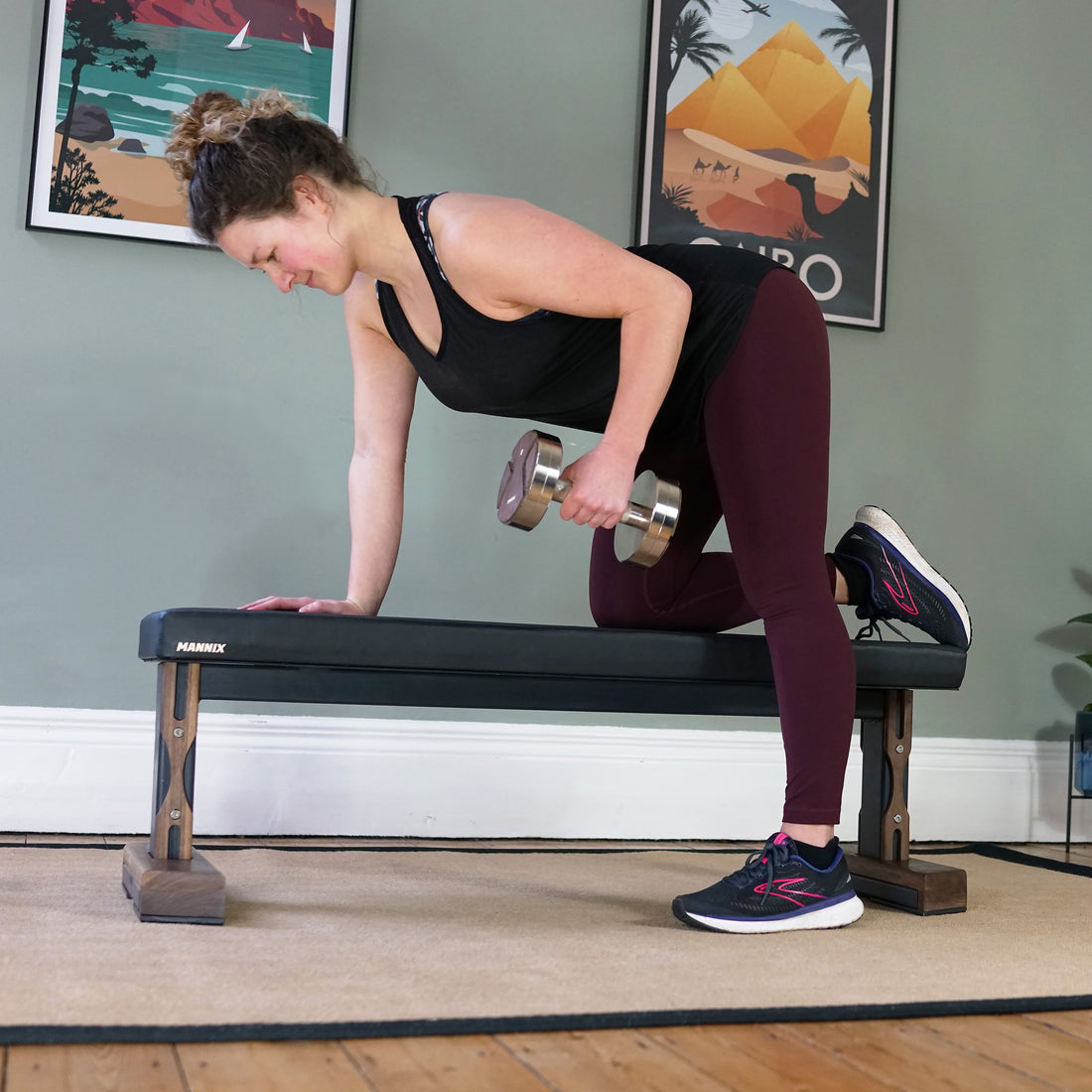News
How many times a week should you work out?
How many times a week should you work out?
The number of times you should work out in a week is personal to you based on factors such as your current health, time, other commitments, your goals and needs, and your environment.
You should also always remember that, while setting goals is important, exercise should never be used as a punishment to yourself and there will be times when you just can’t stick to your normal routine or meet your goals.
This said, there are some excellent guidelines from the NHS and other health experts which can be helpful in coming up with an exercise plan that works for your situation.
Consider your goals
Choosing how often to work out does depend somewhat on what you want to achieve and why you’re working out.
If you’re doing it to maintain general health and fitness, for instance, you might work out a few days a week. If you’re training for a big event, like running a marathon, you may need to do it a bit more often or for longer. And many people exercise for their mental as well as their physical health - these people might choose to do exercise in some form every day.
Work out what’s realistic long term
It’s important to find a workout pattern that works for you. Setting hugely challenging goals can be tempting, but you’ll feel much better if you can stick to a plan. Opting for really tough aims and then being unable to achieve them will just make you feel unfairly down.
If, for instance, you can say you’ll exercise three times a week and choose when in your week you’ll do it, that will really help you stick to your goals.
What does the NHS say?
The NHS also offers guidelines on how much you should exercise, although once again this depends on your personal situation and environment.
It states that adults should aim to do 150 minutes of moderate intensity activity each week or 75 minutes of vigorous intensity activity. This can be split over four to five days, or even every day if you prefer little and often.
Moderate activity, which will get your heart up and make you breathe faster, could be anything from a brisk walk to riding a bike, dancing or pushing a lawnmower.
Vigorous activity will see you breathing very hard and fast - you probably can’t say much if you’re exercising in this way without pausing for breath. It could be running, playing a team sport like football or hockey, a martial art like boxing or doing a HIIT class at the gym.
The NHS also recommends for adults to do strengthening activities working major muscle groups including the legs, hips, back, abdomen, chest, shoulders and arms on at least two days per week.
Fit exercise into your daily routine
If you’re busy and a two-hour gym session just isn’t possible, you could think about other ways to get your exercise minutes in during the day.
Are you able to walk all or part of a journey you’re making? Could you do a quick five-minute weights or abs session while the coffee is brewing in the morning? And, the classic, are you able to take the stairs instead of the lift?
So there isn’t one set amount of times we should all be exercising each week but there are some really great guidelines to help you work out the right amount for you.
The best way to work out how much to do, is to consider your health goals and how much time you have to dedicate alongside using the NHS recommendations.



